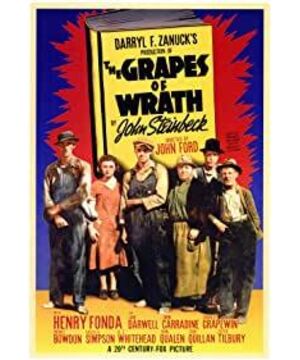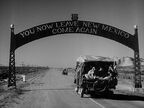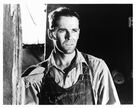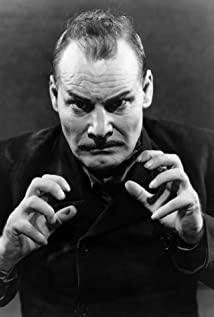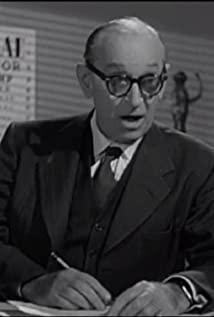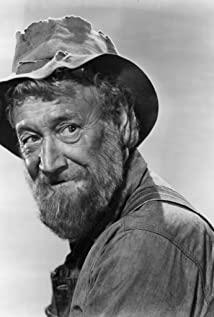This is a serious movie. The black-and-white screen corresponds to the audience we are now used to watching color movies, and still feel the huge impact. This is what the movie itself wants to convey to us.
The story takes place in an American village in the late 19th century. Everyone knows that cities and villages at that time were facing tremendous changes: various means of transportation and inventions that changed the world affected people's lifestyles. People in the countryside have to relocate to big cities. Such a change in people’s lifestyle has a huge impact. Until now. The image will continue.
The farmer’s family was unwilling to move, and the elderly were unwilling to leave until the moment before they moved. This kind of psychology is easy to understand: people are content with their lives and are unwilling to accept the change from the bottom of their hearts, so there are young people who are considered mad (unwilling to leave but willing to die here) before moving away, and try to stop the truck from leveling. Housing, do not hesitate to block with your own life. In this state, law enforcement officials still have to say: This is not our decision. We are only responsible for implementation. And you have to ask, who actually frightened this decision to eradicate you, then you go to the state government to ask. Of course we know that even if we ask, we can't get a result 100%. So they compromised.
In the process of marching toward the big city, the elderly in the family were already weak and sick, unable to withstand the long-distance travel, and died during the journey. When the family buried him, he had not yet reached the destination. This is also a great irony: human life, under the giant wheel of the era, is as insignificant as an ant. This is really tragic.
At the end of the 19th century, under the background of the Industrial Revolution, the countryside was no longer adapted to the high-intensity, fast-paced transformation, and this transformation did not depend on individual will. Under such circumstances, people have to face such changes, and at the same time change their mindsets and lifestyles. This process is undoubtedly painful, but it has to be done. "The general trend of the world, there is a lot of soup, if you follow it, you will prosper, and those who go against it will perish."
For us living in the 21st century, this movie is still of great significance. He showed how people resisted change in a critical period of history, but had to actively or passively embrace the process of change. This process is accompanied by a lot of physical and psychological pain, but if you don't do this, the pain you face will be even stronger. Because this is the general trend of the world, no one can live comfortably in their own den. Everyone has to embrace this change in order to make progress. This is also the law and rule of progress of human society.
"The wrath of grapes", grapes represent labor, that is, farmers; and the anger of farmers also expresses nostalgia for the past life, fear and resistance to the unknown. People are happy to live in habit. It is not so easy to break the habit. Under the tremendous pressure from the outside world, people slowly accept the changes of this era from their psychology, thus changing their own way of life. This process is what the film Angry Grapes wants to tell us.
Even if you are angry, you still have to maintain a sensible and clear understanding of the trend of the times. Don't touch the stone with the egg, it will only burn the jade and the stone. The only way. It is to embrace change. Does this also have certain enlightening significance for us today?
View more about The Grapes of Wrath reviews


